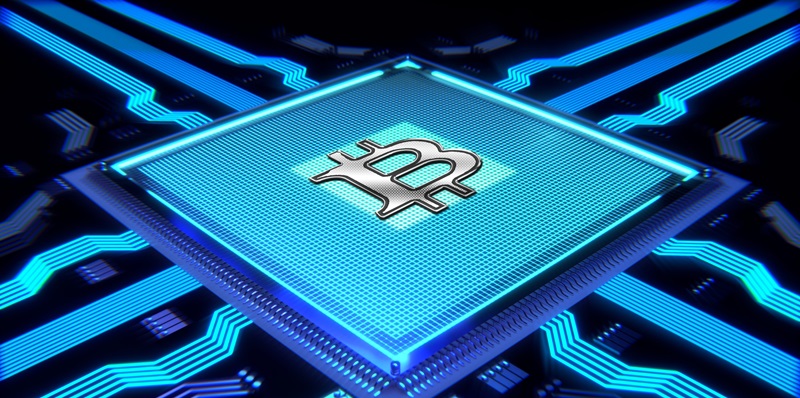The dawn of Web3 heralds a transformative leap from the centralized silos of the current internet to a decentralized ecosystem. At the heart of this paradigm shift are Decentralized Physical Infrastructure Networks (DePINs), which underpin the new internet with secure, scalable, and user-centric applications. Unlike the Web2 infrastructure, controlled largely by corporate behemoths, DePINs promise an egalitarian framework. Here, users are not just consumers but active participants who contribute their resources—be it data from their smartphones or computational power. This marks a fundamental change, positioning the collective at the core of the Internet’s next iteration.
DePINs function by harnessing blockchain technology to create a tapestry of interconnected services and opportunities. For example, individuals contribute to an ambient noise level map via their smartphones or co-own automated businesses that cut out middlemen. The allure lies not only in the fresh business models these networks catalyze but also in their inclusiveness. Anyone with a mobile device can join, blurring the line between the tech-savvy and the novice. The result is a democratized digital space where the barriers to participation are radically lowered, and the rewards are more evenly distributed.
Decentralizing Control, Empowering Individuals
Web3 is redefining the internet with Decentralized Physical Infrastructure Networks (DePINs), marking a shift to a user-controlled online world. Unlike today’s central authority-controlled model, DePINs offer a more democratic space where anyone can contribute, be it through their smartphone data or processing power. By leveraging blockchain, these networks facilitate a plethora of interconnected services without the need for intermediaries.
People can now feed into a shared noise level map or have a stake in automated businesses, opening up novel business models and inclusivity. Regardless of tech expertise, with a mobile device, anyone can be part of Web3’s ecosystem, significantly lowering entry barriers and ensuring a fairer distribution of benefits. This evolution stands to reshape how we interact with and benefit from the internet, placing collective collaboration at its core.

